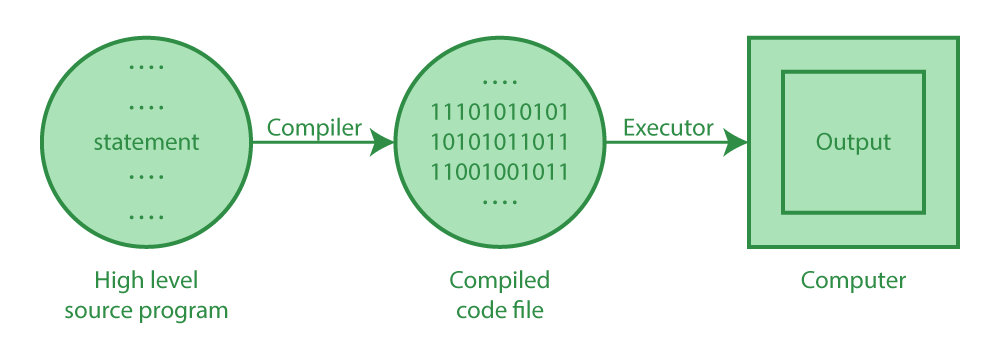Understanding the Role of the Java Compiler in Java Development
A Java compiler is a fundamental tool that transforms human-readable Java source code into bytecode, which the Java Virtual Machine (JVM) can execute. This article explores the critical functions and workings of the Java compiler, empowering developers to grasp its pivotal role in software development.
What is a Java Compiler?
At its core, a Java compiler translates Java source code into bytecode, an intermediate format that allows Java programs to run on any device equipped with a JVM. This process acts as a bridge between the programmer and the machine, ensuring that our code can be universally understood and executed.
To compile a Java program, one typically uses the javac command in the command prompt or terminal. This command initiates the compilation process, transforming .java files into .class files containing bytecode instructions.
Key Tasks of the Java Compiler
Beyond basic compilation, the Java compiler performs several crucial tasks:
- Syntax Checking: It identifies syntax errors in the code, providing detailed error messages that guide developers in rectifying issues before bytecode generation.
- Bytecode Generation: Using the rules defined by the Java language specification, the compiler translates Java source code into bytecode instructions understood by the JVM.
- Error Handling: If errors are detected during compilation, the compiler generates error messages and prevents the creation of bytecode until all issues are resolved. This ensures that only syntactically correct and logically sound code progresses to execution.
How the Java Compiler Works
The compilation process involves several steps:
- Source Code Creation: Developers write Java source code (.java files) using a text editor or an Integrated Development Environment (IDE).
- Compilation: The
javaccommand compiles these.javafiles into bytecode stored in.classfiles. - Bytecode Execution: When executed, the JVM interprets and runs the bytecode on the host system, enabling platform-independent execution of Java applications.
Installing a Java Compiler
To use the Java compiler (javac), developers must install the Java Development Kit (JDK), which includes tools necessary for Java development. This can be downloaded from the Oracle website or other JDK distributors, ensuring access to javac and other essential development utilities.
Online Java Compiler Options
For experimentation and learning purposes, several online Java compilers and IDEs are available, such as Repl.it, JDoodle, Ideone, and others. These platforms allow developers to write, compile, and execute Java code directly in a web browser, facilitating a flexible and accessible learning environment.
Conclusion
In conclusion, the Java compiler plays a pivotal role in Java software development by facilitating the translation of human-readable code into machine-executable bytecode. Understanding its functions and operation is crucial for developers aiming to write efficient, error-free Java applications.
Engage with this article by sharing your insights and questions in the comments below. Your feedback enriches our discussion and fosters a supportive community for Java enthusiasts. Let’s continue exploring Java’s intricacies together, striving for excellence in programming endeavors.

Leave a Reply